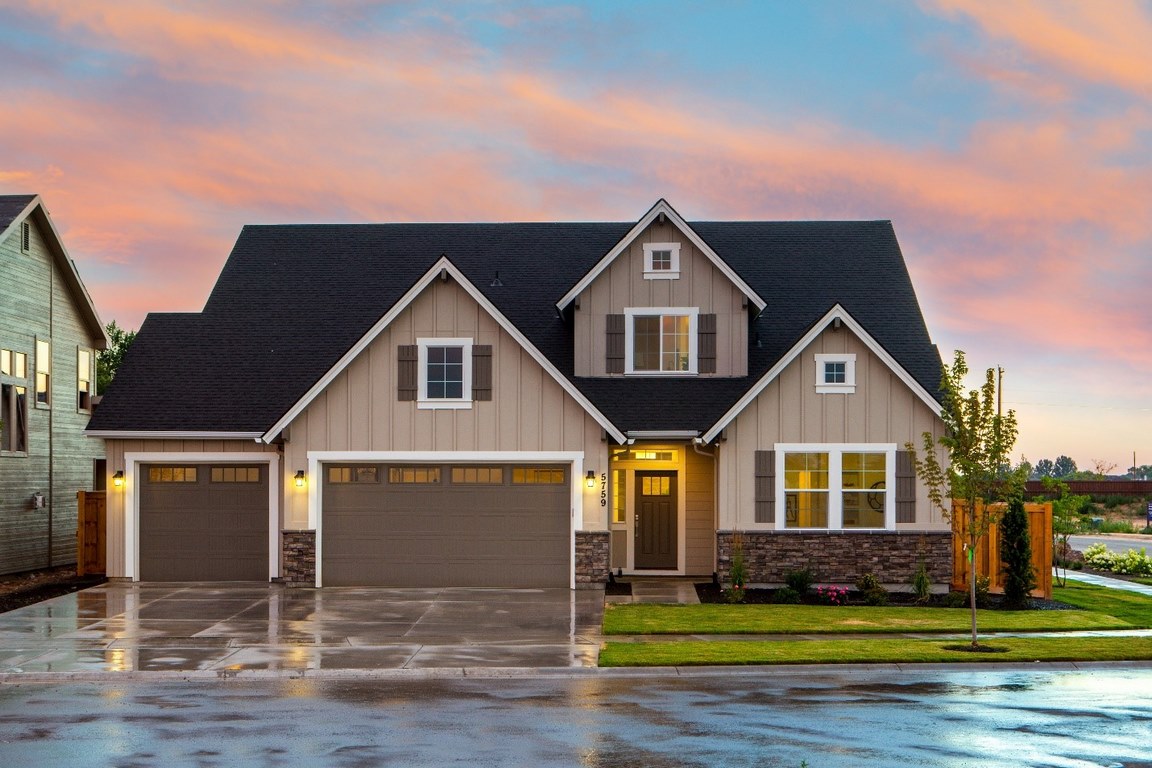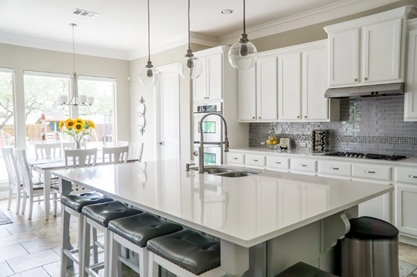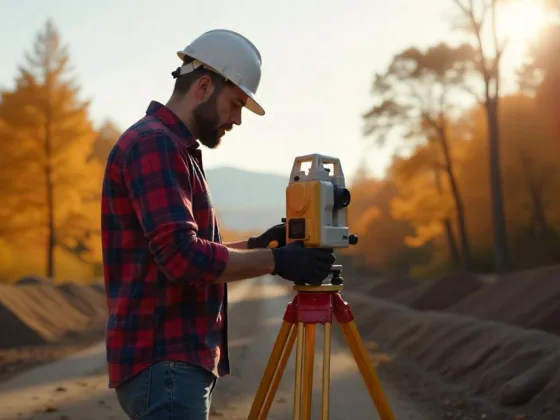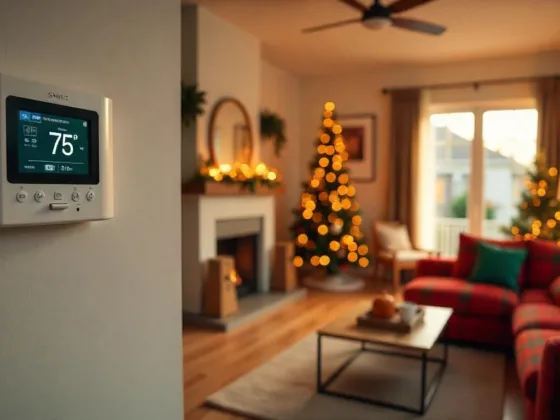Table of Contents Show
Enhancing the structural integrity of your home is the best way to protect its long-term value.
A structurally weak home can also be dangerous to live in. You risk collapsing walls and ceilings, and someone might get hurt.

What Factors Compromise the Structural Integrity of a House?
Structures fail because of forces acting on them. A structure can be affected by static forces such as its weight, or dynamic forces caused by people, vehicles, sea, wind, etc.
Regular Inspection ensures a structure or structural component is safe for living under normal operating conditions. This is especially important if your city or area experiences a beating by Mother Nature, such as Denver.
The city experiences lighting storms quite often and has a history of flooding after rain and extremely wet winters. This causes the soil beneath the surface to become inconsistent, resulting in serious structural issues.
How can we Ensure That Our House Is Structurally Sound?
This weekend, give your house a thorough inspection. Take note of cracks, gaps, uneven surfaces, and any other anomalies. These seemingly minor issues may be warning signs of something wrong with your home.
Next, get expert eyes to determine the severity, the cause, and your options to resolve the issue. Here’s what you should get checked:
Reinforce your Roof
Strengthening your roof will protect the rest of your home’s structure, as it plays a major role in the structural integrity of your home.
Residents in Denver or the other parts of the Front Range in Colorado are likely to experience roof damage caused by storms. So they might want to find a Denver roofing company to get the top of their home checked and repaired.
Professionals can inspect the roof and make the necessary repairs. Attaching straps or clips can strengthen the roof and protect it against fast winds. Similarly, Google roofers in your neighborhood to get help.
Read Also:
Repair your Foundation
Are there cracks in your walls or ceilings, sagging roofs, or doors that don’t close properly in your home? These are common signs of a faulty foundation.
A solid foundation is crucial to the structural integrity of your home since it supports everything on top of it. Consult a foundation repair professional if your home seems to have foundation problems.
Concrete Floor Repair
Eventually, your basement’s concrete floors may also need repair. Cracks, peeling, and deteriorating foundations can indicate a concrete issue.
You can make your house more structurally sound by resurfacing the damaged cement base. A new concrete floor will provide years of protection for your old flooring that is already at risk.
Block Foundation Repair
Do you have a block foundation in your basement? Every block of this foundation has mortar surrounding it, resulting in hundreds of mortar joints.
If these joints start to deteriorate, water can seep into the structure, where it can freeze or expand during the winter months. Over time, it may crack, leak water, crumble, or lean if not repaired.
If you notice any indications of block foundation damage, seek professional block foundation repair services as soon as possible.
Repair and Prevent Termite Damage
There is a very good reason why termites strike fear into homeowners’ hearts. There is nothing more destructive than these little bugs when it comes to wood-framed houses.
A termite infestation can be detected by tiny holes in the wood or drywall, bubbling or peeling paint, and wood shavings or sawdust.
In most cases, it is too late for your home to be saved once termite damage becomes visible. Therefore, spraying your home regularly with a termite repellent would keep your home free from them.
Install a Storm Safe Room
Storm safe rooms offer shelter from storms and tornadoes and strengthen the structure of your home. By installing a safe room in your home, you will gain peace of mind as well as make it stronger and more valuable.
Waterproofing the Walls
Is the exterior of your home adequately waterproofed? By waterproofing your foundation walls, you prevent water seepage and foundation deterioration. Additionally, it can strengthen the foundation and prevent structural footings from weakening.
During the waterproofing process, the professional will also check the foundation walls for cracks and voids that need to be repaired. Besides installing gravel around the home, they can also install a weeping tile system to prevent future damage and provide better drainage.
Repointing the Chimney
As mortar joints age, their fillings deteriorate, but they can last up to 25 years. However, frequent changes in the climate, particularly heat, wind, and rain, will cause the mortar to crumble and dry out.
The result could be leaks, icy drafts, and further damage to your property. A poor quality pointing, especially when combined with a chimney, can cause structural damage if untreated.
If your chimney’s mortar joints are weakened, water can enter your chimney cap and work its way downwards into your house. Cracks, gaps, and crumbling areas should be repaired promptly before they collapse. Your chimney’s lifespan will be extended with repointing, and you will avoid costly repairs in the future.
Conclusion
A house’s longevity depends on its structural integrity. Your house won’t withstand natural elements like wind and water if it’s not built properly or doesn’t have the right materials.
In addition, if you don’t use the right materials when building your house, you can expect problems in the future. Keeping your home’s structural integrity will ensure that it doesn’t suffer any major damage during your ownership. Maintaining your property will ensure you avoid any future financial or human damage and that it lasts for years.









